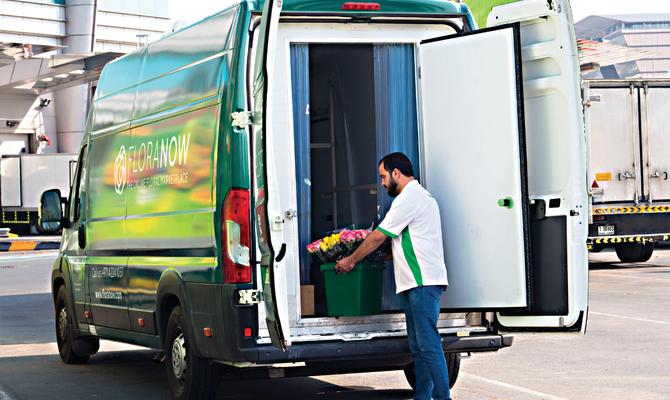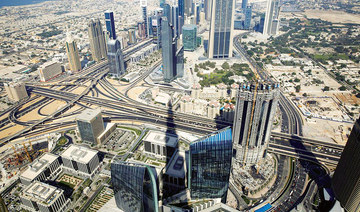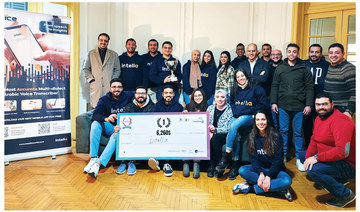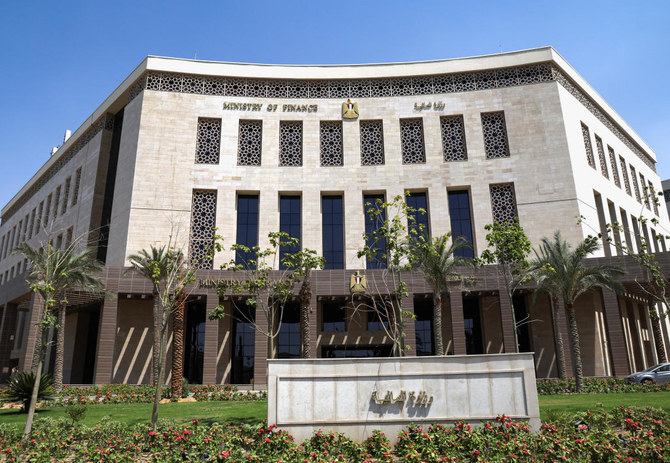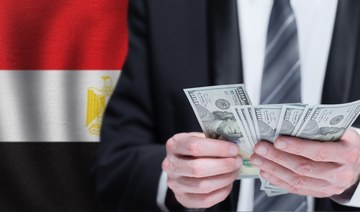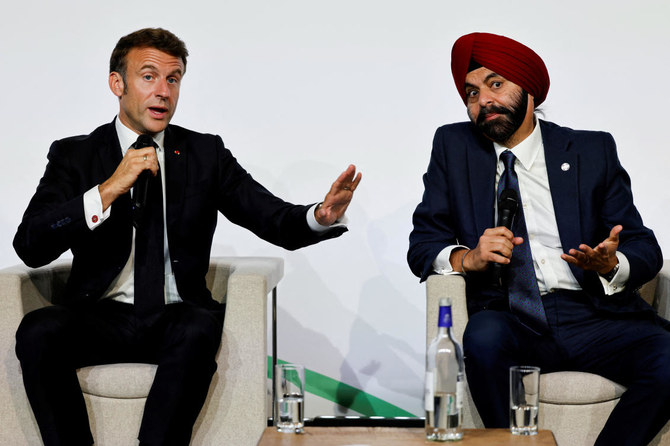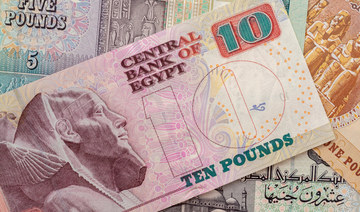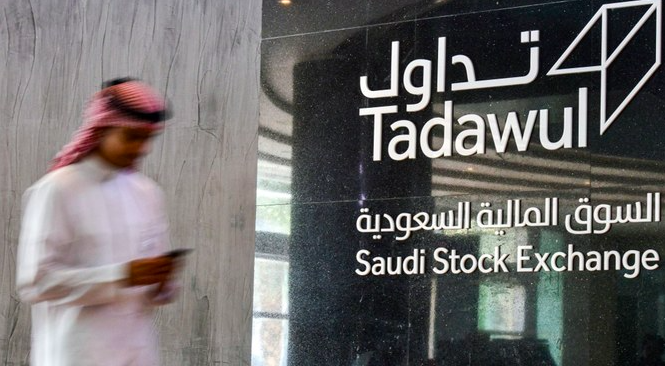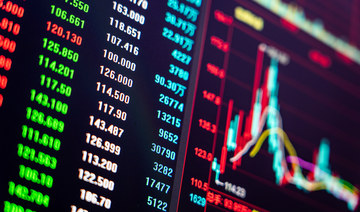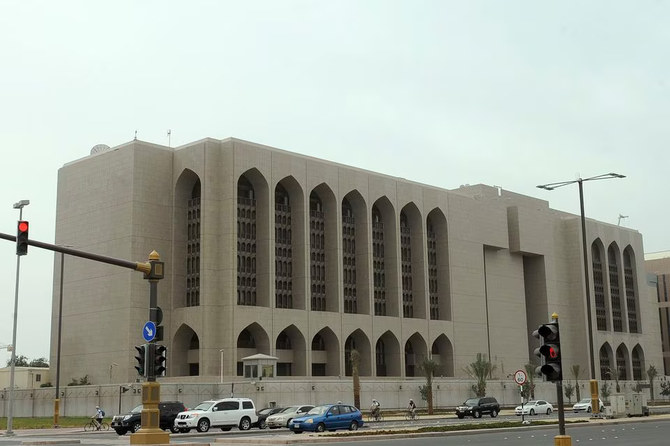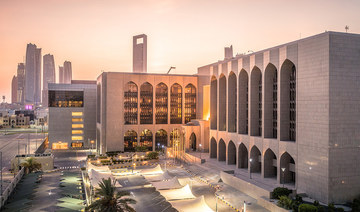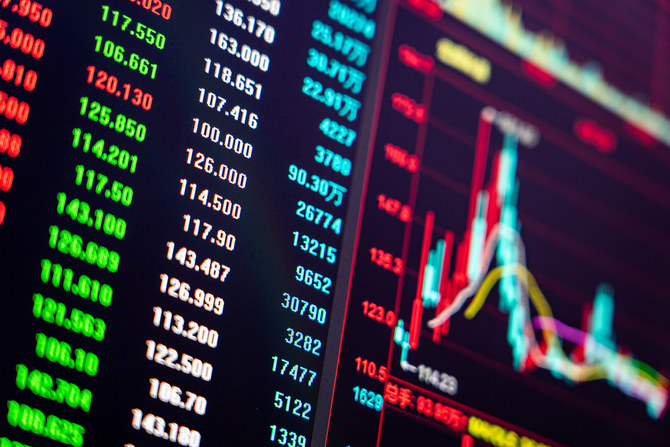CAIRO: As Saudi Arabia increasingly draws the attention of regional entrepreneurs, Middle Eastern firms from a range of sectors are actively examining the burgeoning opportunities in the Kingdom.
UAE-based online floral marketplace, Floranow, has left no stone unturned in its Saudi expansion, sealing its second acquisition in the market.
On June 5, Floranow acquired one of the largest wholesale distributors of fresh-cut flowers in the Kingdom, Bloomax, one year after acquiring Saudi-based floral distribution company Astra Farms.
In an interview with Arab News, Charif Mzayek, CEO and founder of Floranow, conveyed that the company’s emphasis on the Saudi market is fueled by remarkably high transaction rates.
Mzayek mentioned that the company’s mobile application, exclusively available in the Saudi market, generates over 80 percent of its online transactions.
“The acquisition of Bloomax follows our successful acquisition of Astra Farms’ floral distribution business early last year,” Mzayek told Arab News.

Floranow offers seamless transactions between buyers and sellers. (Supplied)
“The Astra Farms deal has subsequently yielded strong organic growth and fully digitized revenue while giving Saudi retailers and wholesalers access to the largest and richest assortment of flowers and plants in one convenient marketplace,” he added.
The founder further announced that, following a partnership with a select group of Kenyan growers, the Saudi market will soon have a range of exclusive products, including unique flower varieties.
Mzayek asserted that Floranow holds the distinction of being the first and largest online floral marketplace and stands as the sole provider of business-to-business solutions in the Saudi market.
He further indicated that the company’s presence in Saudi Arabia will expand from five cities to nine with the acquisition of Bloomax.
“The acquisition of Bloomax will enable Floranow to become the market leader in Saudi Arabia and in the Gulf region in general,” Mzayek stated.
By leveraging Bloomax’s existing customer base, Floranow plans to penetrate the Saudi market via “the leading wholesale flower supplier which currently controls over 30 percent of main cities like Riyadh and Dammam,” Mzayek said.
“The acquisition of Bloomax will expand our existing operational footprint in the Kingdom, giving us a direct presence in nine cities across the market. It will further benefit our growth trajectory as it increases the number of companies in Saudi Arabia buying on Floranow’s platform to over 1,500. This will make us the largest importer and distributor of flowers in the country,” he added.
The company has also incorporated Bloomax’s chairman, Noushad Gafoor, into its executive team to boost Floranow’s operations in the Kingdom.

The Astra Farms deal has subsequently yielded strong organic growth and fully digitized revenue while giving Saudi retailers and wholesalers access to the largest and richest assortment of flowers.
Charif Mzayek, CEO and founder of Floranow
“We are delighted to have Noushad joining Floranow’s executive team. We are grateful for Noushad’s insightful and unique knowledge of the market, making it an obvious choice to ensure he remains in charge of the Saudi operations,” Mzayek said.
“Bloomax’s top management brings over 100 years of flower business experience that has enabled them to achieve success. The combination of Bloomax’s existing footprint with our transformative technologies is an exciting platform for growth and will greatly improve the importer and distributor process,” he added.
Mzayek further expressed Floranow’s deep commitment to expanding its presence in the Kingdom through Saudi nationals, in particular women.
The company’s strategy aligns with the digitalization goals of Vision 2030. As Mzayek explained, Floranow aims to digitalize the region’s traditionally inefficient floral market.
“The size of the floral market is growing rapidly, which is one of the main drivers for our focus more broadly on the Saudi market,” Mzayek said.
“We are seeing several programs and initiatives that have been launched under Vision 2030 to promote tourism, events, and festivals which will expand the flower business in Saudi Arabia,” he added.
Floranow primarily targets sellers, including growers and flower exporters, and buyers, such as florists, hotels, supermarkets, and importers.
“We have identified several challenges facing the industry today, including the lack of transparency, price volatility, and long and inefficient supply chains that add up costs and impact product quality, all of which heavily impact the results for buyers and growers,” he added.
Connecting buyers and sellers, Floranow offers seamless transactions between both parties in addition to a logistics service that is twice as fast as traditional channels, Mzayek claimed.
“We manage the supply chain from the farm to the florist, including all freight stages, customs, clearances, quality control and last-mile delivery, connecting growers to buyers in over 20 markets,” he added
Mzayek further elucidated that Floranow operates under a commission-based structure on the various services provided.
Since its inception in 2017, Floranow has processed more than 150,000 orders, with over 1,200 customers and 200 employees.
“The Middle East, North Africa and Turkey market is currently worth $1.15 billion — 40 percent of which are markets we operate in, which are Saudi Arabia, UAE, and Kuwait. We are excited to continue our growth journey as we focus on consolidating our presence in our current markets,” Mzayek said.
In terms of financing, Floranow has secured $8 million in equity rounds since its launch with investors such as Jabbar Internet Group, Dash Ventures, Wamda Capital, Global Ventures, Sirocco Holdings, Adamtech Ventures, Zuaiter Holding Capital, and HB Investments.



